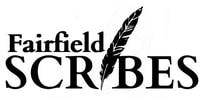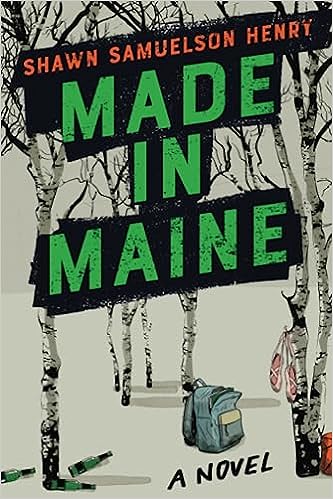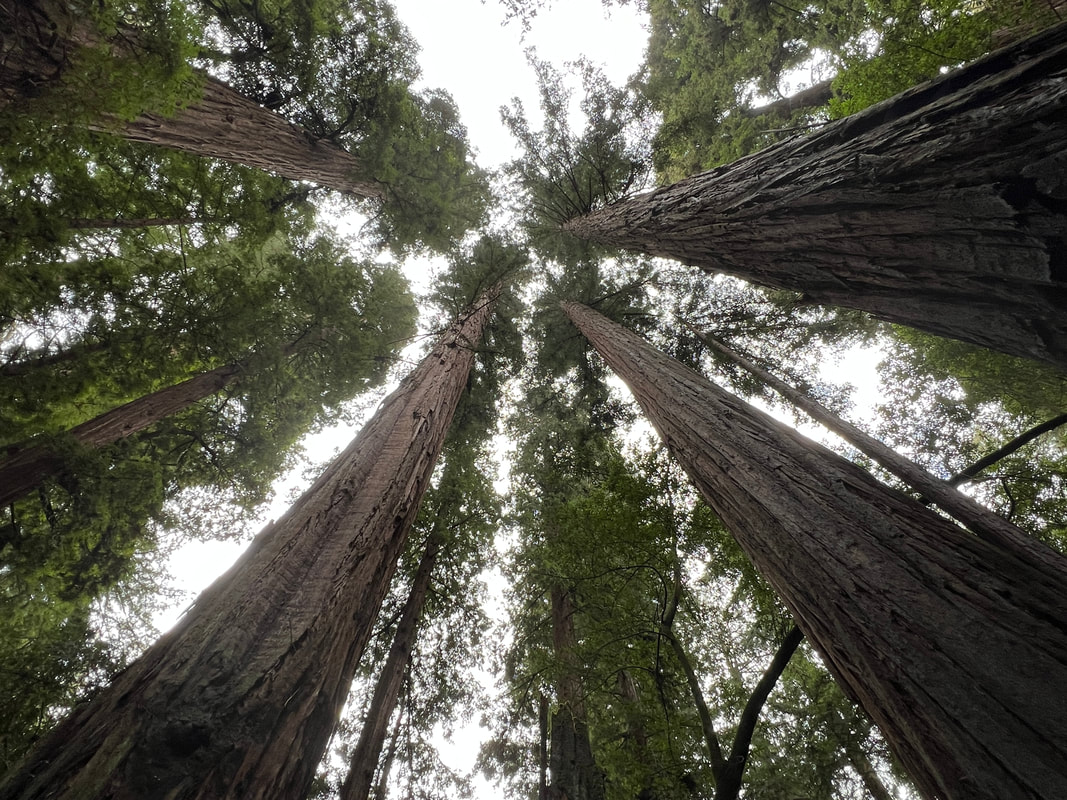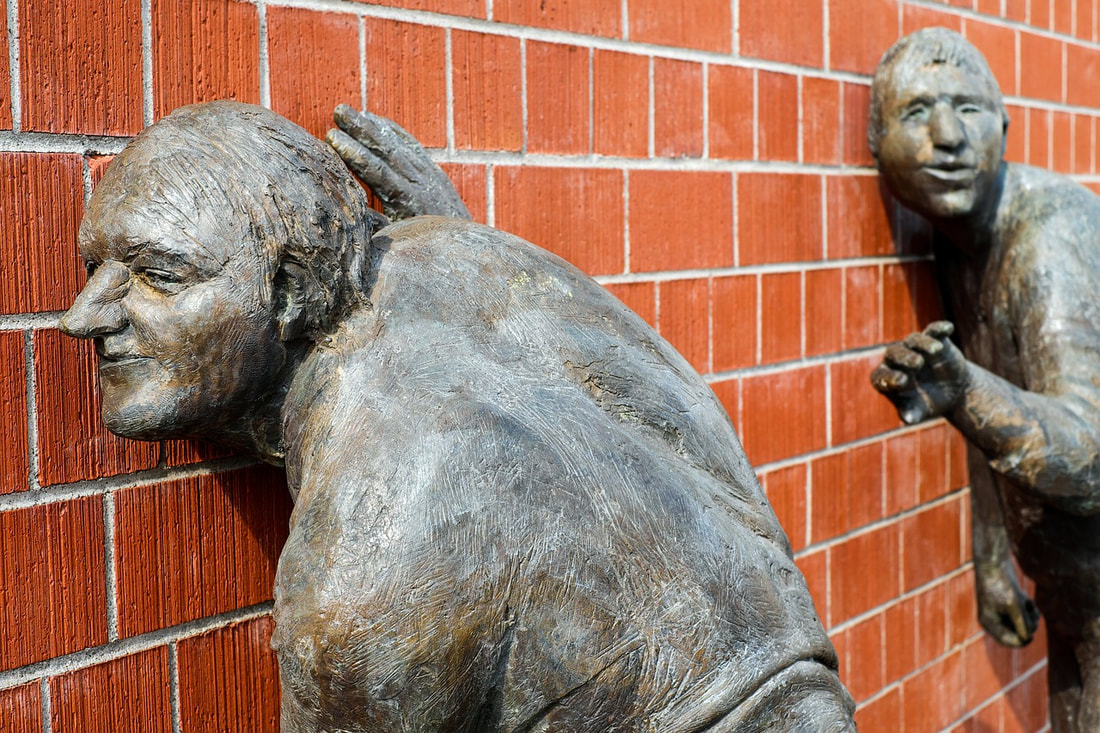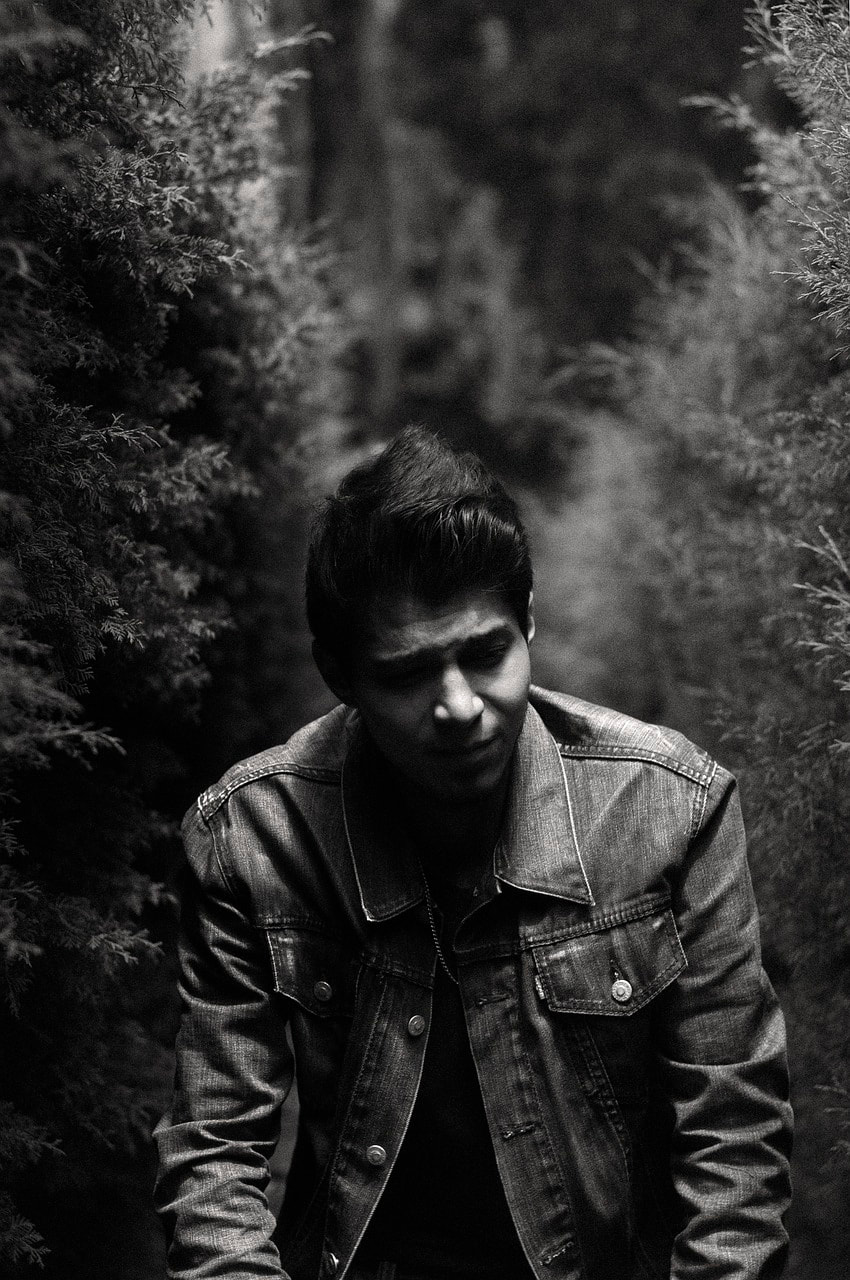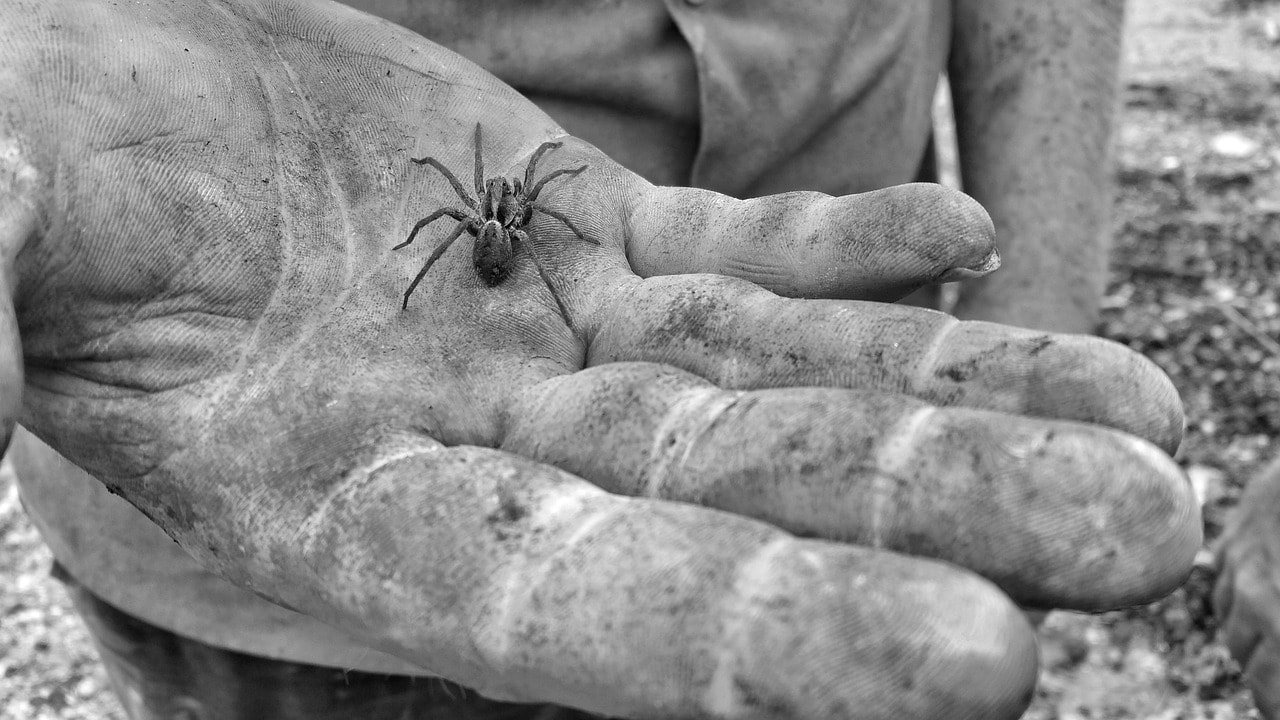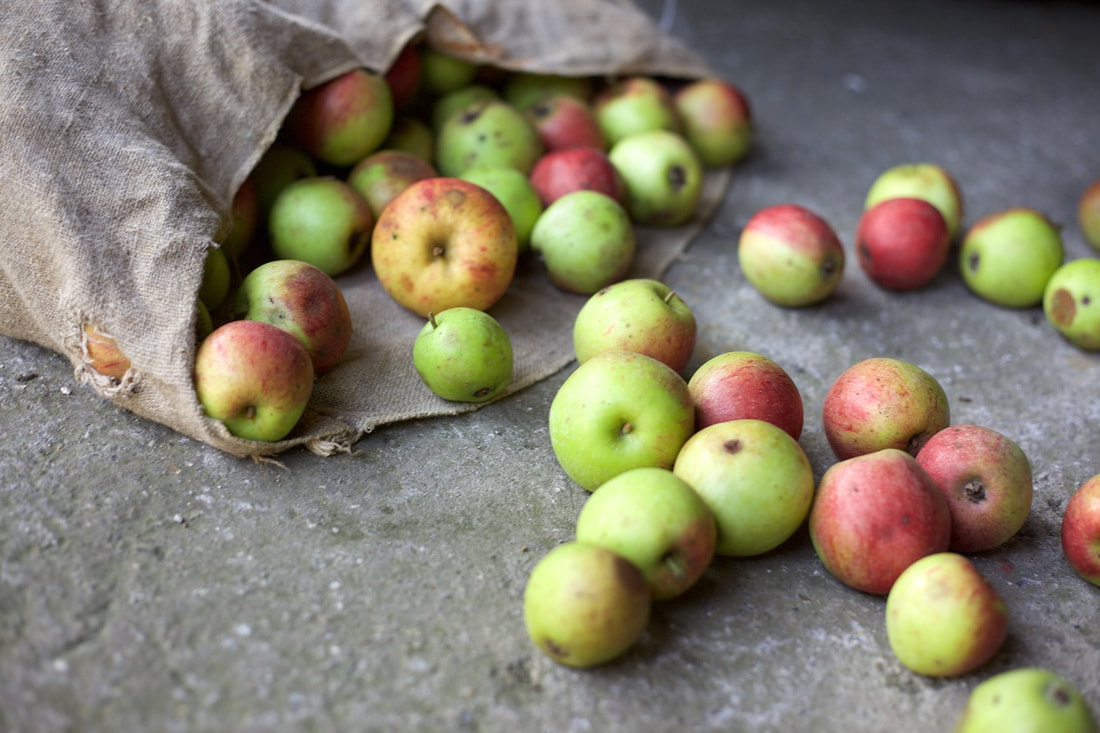ScribesMICRO
* * * Managing Editor: Edward Ahern * * *
* Associate Editor: Alison McBain *
* Special Features Editor: Matthew P.S. Salinas *
* Submissions Editor: Sarah Anderson * Submissions Editor: P.C. Keeler *
* Submissions Editor: P.M. Ray * Submissions Editor: Ira Rosofsky *
* Submissions Editor: Felicia Strangeways * Submissions Editor: Amita Basu *
* Featured Contributor: Aaron H. Davis *
* Associate Editor: Alison McBain *
* Special Features Editor: Matthew P.S. Salinas *
* Submissions Editor: Sarah Anderson * Submissions Editor: P.C. Keeler *
* Submissions Editor: P.M. Ray * Submissions Editor: Ira Rosofsky *
* Submissions Editor: Felicia Strangeways * Submissions Editor: Amita Basu *
* Featured Contributor: Aaron H. Davis *
Issue # 32
August 16, 2023
Featuring the short scribblings of:
* Brett Abrahamsen * Scott Bogart * William Cass *
* Luanne Castle * Jeff Currier * Aaron H. Davis *
* Michael Degnan * Craig R. Kirchner *
* Natalie Klein * Paul Latham * Francesco Levato *
* George Nevgodovskyy * Jeanette Rundquist *
* Bianca Sanchez * Matt Weatherbee * Huina Zheng *
* Brett Abrahamsen * Scott Bogart * William Cass *
* Luanne Castle * Jeff Currier * Aaron H. Davis *
* Michael Degnan * Craig R. Kirchner *
* Natalie Klein * Paul Latham * Francesco Levato *
* George Nevgodovskyy * Jeanette Rundquist *
* Bianca Sanchez * Matt Weatherbee * Huina Zheng *
Book Review
Made in Maine
by Shawn Samuelson Henry
Reviewed by Matthew P.S. Salinas
|
Poetry
|
Castaway by Aaron H. Davis Washed up upon the sandy shore
of some forgotten sea… forgotten dreams… forgotten hopes are beached on shore by me abandoned isle… abandoned dreams on no charts man can see the ones that were not good enough the ones I dreamed for me… * * * Aaron H. Davis is approaching seventy years of age in as grouchy a manner as possible, as a proper curmudgeon should. He was born in Connecticut, adopted at one years old, and began composing poetry when he was five. He worked for the school system in East Lyme and was known as the “scrap paper poet” because of the scraps of paper used to jot down his poetry.
|
In Truth by Aaron H. Davis In truth… it’s not the lies we tell
However poor… however well No penitence for raising hell Until a slip of tongue does spell Out clearly to a listening ear Exactly what it should not hear That ends each liar’s life of cheer And lays them lifeless on the bier In truth… it’s not the lies we tell It’s that we live them none too well * * * Aaron H. Davis is approaching seventy years of age in as grouchy a manner as possible, as a proper curmudgeon should. He was born in Connecticut, adopted at one years old, and began composing poetry when he was five. He worked for the school system in East Lyme and was known as the “scrap paper poet” because of the scraps of paper used to jot down his poetry.
|
|
The Sociopath Glimpses His Future by Paul Latham I cross the deserted roads while
making plans that gleam like mica under forbidden skies and imagining destinies rising and falling like waves of discarded paper money shredded and pulped the gray-green tide subsuming the world undercutting and overlaying transacting lying stealing The white heron in the stillness of the pond offers no spoken words but she gives the unspoken promise of a sky burial where her brothers and sisters the vultures will sate themselves upon my body carapace or not. And this will be the end of my scheming. * * * Paul Latham is a writer from Tennessee who has published stories in the Flame Tree Fiction Newsletter and in two anthologies from Shacklebound Books, Dark Stars and Maelstroms.
|
Fiction
|
I Wish I Could Tell My Mother by Huina Zheng I didn’t believe her when she said she was a fair mother. I resent how she broke my arm with a broomstick for something my brother did because I, as an elder sister, didn’t keep an eye on him. I knew she secretly gave Hsu Fu Chi snacks to my brother from the biscuit bags and candy wrappers he dumped carelessly in the waste bin. She still claimed she only had two children, and I remember, though I was only five, she gave birth to my baby sister and gave her away because all she wanted was one more son.
* * * Huina Zheng was born and grew up in south China. She holds a M.A. in English Studies degree and has worked as a college essay coach. Her stories were published in Variant Literature, Evocations Review, The Meadow, Ignatian Literary Magazine and other journals. Her fiction “Ghost Children” was nominated for the 2022 Pushcart Prize. She lives in Guangzhou, China with her husband and a daughter.
Look at the Sky by Michael Degnan She stuffed her unfinished homework in her backpack. She didn’t care about math. “How small and insignificant we all are,” her mom had said to her, gazing at the stars.
She took her bike out of the shed and rode to the coast. The sun was setting when she got to the pier. Streaks of purple and red infused the clouds. Her mom had loved sunsets. “Beauty is fleeting,” she always said. She didn’t mind feeling insignificant, but she hated to feel alone. She opened her backpack and pulled out a fading note from her mom. “Whenever you need me,” it read, “just look at the sky.” * * * Michael Degnan writes from an island in Maine. His short fiction has appeared in Every Day Fiction, Flash Fiction Magazine, 101 Words and elsewhere.
The Hitchhiker by Matt Weatherbee I pull over because I think I know the dude hitchhiking. “Alec?”
“Yeah?” We exchange glances as he gets in. I can tell he doesn’t recognize me. “It’s Jeanie. Jeanie Freeman. We went to high school together.” “Oh, yeah. What’s up?” “It’s funny. I thought you’d be off curing cancer or something.” “You and everybody else.” “What happened?” “It doesn’t matter.” “Okay… how’s MIT?” “Dropped out.” “Oh. Are you working?” “Only when I need some money.” “You’re better than this, Alec.” “I know.” I shake my head as I start driving. “I don’t get it.” “I wish I didn’t either.” * * * Matt Weatherbee's stories have appeared in ScribesMICRO, Microfiction Monday Magazine, City. River. Tree. and elsewhere.
Real Life Rom-Com by Jeanette Rundquist They met on location. She wrangled props, he built sets.
“Dave,” he said, extending a sawdust-covered hand. “Avery,” she replied, smiling. Sparks flew. They locked eyes between takes. Flirted on set. Romance bloomed. Then he knocked over an antique flower vase she’d meticulously arranged, destroying hours of work. Scene over. Three years later, a Manhattan Starbucks. She rushes in. Baristas yell out orders. A pause, then a barista reads loudly from a cup: “I’m sorry, Avery. Have dinner with me!” Avery looks up. Sees Dave in the crowd, grinning. She nods. Sparks fly. They leave together, the crowd applauds. Cut! * * * Jeanette Rundquist is a lifelong journalist and communicator, now writing fiction after her day job. Her microfiction work has been published in Fairfield Scribes and placed in the NYCMidnight Competition. She is a graduate of the S.I. Newhouse School of Public Communications at Syracuse University. You can find her at jeanetterundquist.wordpress.com.
Summer Rehearsal by Craig R. Kirchner People took to us but whispered. We talked to everyone. No anxiety, free—clowns in a medieval play, reaching like new blooms in beat summer sun. We feigned opera in leather jackets, drank cranberry cordial from plastic cups. Cross-dressed at happy hour, mocked psychedelic phantoms, landed unscathed from shadows whispering Halloween, rarely made it to the bed when we’d get home. We painted faces, pressed your breasts against canvas, and called it art. Watching pleasure, mouthing pleasure, knowing the play was us, the season was short, running head-on, spontaneously, through leaves of contempt, from eyes that have no autumn.
* * * Craig R. Kirchner has written poetry all his life, is now retired, and thinks of poetry as hobo art. He loves storytelling and the aesthetics of the paper and pen. He was nominated twice for the Pushcart Prize, and has a book of poetry, Roomful of Navels.
These Days by Luanne Castle I look over at the white Waymo as it pulls up next to us. The giant stuffed bear in the driver’s seat, its googly eyes stubbornly facing forward, refuses to glance at me. I don’t turn to the left where I know my husband, his head stuffed with polyester, drives with the same expression. When the enormous crane bends down in front of us, scooping up our Infiniti in its jaw, I almost expect it. After all, nothing is as it was, although we still travel in the same car together. I swallow down the taste of something artificial, indigestible.
* * * Luanne Castle’s award-winning full-length poetry collections are Rooted and Winged (Finishing Line 2022) and Doll God (Kelsay 2015). Her chapbooks are Our Wolves (Alien Buddha 2023) and Kin Types (Finishing Line 2017), a finalist for the Eric Hoffer Award. Luanne’s Pushcart and Best of the Net-nominated poetry and prose have appeared or are forthcoming in The Dribble Drabble Review, Copper Nickel, Pleiades, River Teeth, Verse Daily, and other journals.
Together by William Cass Alice returned home after her waitressing shift at the diner and glanced at the clock: 3:51 p.m. Nine minutes before her husband’s regular REC 1 yard time began at the federal prison outside Tucson, where he was an inmate. She hurried into the living room and checked the Tucson weather on her cell phone: eighty-five degrees, nearly double that outside their apartment in Seattle. She set the wall thermostat for that temperature, then sat on the couch. Alice took off her coat, lifted their wedding photograph from the coffee table, and waited to spend the next hour with him in the same heat.
* * * William Cass has had over 300 short stories appear in literary magazines and anthologies. A nominee for Best Small Fictions and Best of the Net, he’s also had five Pushcart nominations. He's had two short story collections published by Wising Up Press. He lives in San Diego, California.
|
Long Enough by George Nevgodovskyy I saw the hidden shape in the Magic Eye picture. Framed, hanging in the old cabin. The same shape you saw and refused to reveal—teasing me.
It was a baby. I wish I could tell you I saw the baby. You’d look at me and laugh, say, “Took you long enough.” And you’d be right. Maybe I’d given up too quick. I looked at the baby for a while, held the fleeting illusion. But when I blinked away my tears the shape was gone. Buried in a bramble of geometry. Too deep for either of us to bring back. * * * George Nevgodovskyy was born in Kiev, Ukraine, but has lived in Vancouver, Canada for most of his life. He has previously been published in East of the Web, Rejection Letters, Literally Stories, Fairlight Books, and others. He does his best writing after everyone else has gone to sleep. Check out his work at georgenev.blogspot.com.
My First Ocean Swim by Natalie Klein Sand seeps between my toes, swallowing my feet, sinking further until they are barely visible over the water as it ripples against my ankles.
It’s cold and biting, but for once, I don’t mind. Tentatively, I walk until the water is lapping just under my belly button. But I am determined. My toes curl into the sand, pushing me forward; there’s no turning back now. The sun beats down on my back, warming me as salt droplets dance on my goggles. I am weightless and free, floating effortlessly in the ocean, the sand a distant memory. * * * Natalie Klein is a writer from Sydney, Australia. When she’s not busy penning prose, Natalie indulges in true crime podcasts, sewing and exploring all things related to the history of England. Visit her Instagram @natalie_klein_writer or website www.nataliekleincopywriter.com.au.
God's Station by Brett Abrahamsen They stood in an unknown location, uncertain of when or how they arrived there. A saccharine, monotonous sound reached their ears.
“What is that?” one of them asked. “It’s the local Christian radio station,” one of them observed. “GOD 104.9. Not even the Almighty Himself enjoys this sort of music.” It was torture, and yet they had no way of escaping it, for they could not discern where it was coming from, and also, for reasons unspecified, they could not leave. Yet God allowed the music to drone on for eternity, and proved to the doubters that Hell exists. * * * Brett Abrahamsen’s work has been sold to the Sci Phi Journal, Creepy Podcast, and Wyldblood. He resides in Saratoga Springs, NY.
Behind the Screens: The Struggles of a Self-Checkout Machine by Bianca Sanchez Being a self-checkout machine is a thankless job. I work morning and night every day and I never sweat.
“Please place the item in the bagging area,” I instruct. The man tosses the chips to his son. He scans a candy bar against me, hoping I’ll forgive and forget. I don’t understand humans. Despite my attempts to simplify their lives, they choose to make it harder. I repeat myself one last time. “Stupid machine! Good for nothing piece of—” he yells. I don’t deserve this treatment. I flash my lights to call for a human. I’m ready for my break. * * * Bianca Sanchez is a writer living in San Diego. She has a BA in English from San Diego State University and currently works in publishing. Her work has appeared in 50-word Stories, Every Day Fiction, and Mesa Visions Literary Journal. Follow her on Instagram @sanchezbianca1.
Lost in the Multiverse by Jeff Currier The multiverse’s branches maniacally intertwine. Next door, Rome’s eternal; two over, velociraptors rule; beyond that, Earth’s lifeless—no stopping long in those.
Even the familiar is transitory. I never left some possibilities—in others, was never born—either way, no gap for me to fill. Here a stray fact doesn’t jibe—Sam Houston was wounded in his right thigh? There, another me returns with better claim. Everywhere the interloper—move along. Universes have no “you should be here” dot—though my key fits and I hear your hopeful gasp, I hesitate still, desperately wishing I could know I’m truly home. * * * Jeff Currier works three jobs so has little time for writing. Hence, he writes little stories. Find more at Jeff Currier Writes on Facebook.
Euphony, or a Study in Xenolinguistics by Francesco Levato It starts with a pop, then a meaty sucking sound like a roasted chicken thigh wrenched from its socket—muffled, as if I sense it more than hear it, a vibration layered under the clicking of mandibles. I think I’m still in their habitat; the air has its usual sweetness and rot, but the lights seem too dim. I can only make out insect-like shadows.
We had been discussing language, how bodily configuration dictates its limits, how the juxtaposition of sharp clicks and thoracic bubbling can subtly alter meaning. What have I agreed to? Why can’t I feel my legs? * * * Francesco Levato is a poet, professor, and writer of speculative fiction. More about his work can be found here: francescolevato.com.
The Giver of Spiders by Scott Bogart I am the Giver of the ones known on your plane as spiders. I manifest them in predetermined places and in times most trying. It is you who decides their fate, but no matter. When one is lost, another is simultaneously created, pulled from the ether, then reintegrated into your various realities. Their numbers are finite. The only spiders in existence are the ones you see, although others exist within thoughts and fears. They are necessary. Without their polarizing enmity the inverse could not be known. There are many Givers, giving many other things. I am simply one of them.
* * * Scott Bogart is a retired police detective. He lives along the South Carolina coast.
|
Editor's Corner
|
Chauncey had fallen as far and as hard as he possibly could. There was nothing left of him that was the same as before. He knew nothing would ever be the same.
“Don't worry about it, buddy. It’s nothing to be ashamed about.” Everyone would always repeat those same lines or some slight variation to Chauncey. The worst response he always seemed to receive was, “Everything is going to be alright now.” That was something Chauncey couldn’t stand. It was a blatant, open lie that everyone told him. They just wanted him to have hope for change. But he didn't. Sunday, I’ve planned to ride into the countryside. My stoner friends have found deserted scrubland with low, rocky, climbable hills. But when Sunday comes, I’ve a week of botched writing sessions to make up. I excuse myself.
Sunday, when I should’ve been elsewhere, I write with hyperfocus. Monday, when I’m supposed to write, I write, but wearily. Tuesday, the random question, “How do people’s faces change as they age?” jack-in-the-boxes my thin-ice focus. I squander the afternoon on Google, browsing the same article thrice, my mind brooding always elsewhere. Wednesday, I make weekend plans, swearing never again to cancel them. |
Life is sliding down the flat of a knife blade while it’s being randomly waved, and hoping not to slip into its sharpness. I’ve never undergone a worst day- bad and often cringeworthy of course, but never irretrievably maiming. We’ve had a miscarriage, but healthy children; I’ve lost jobs but always found another; been broken and scarred but always healed; been bitterly disappointed in some, but found many others who held true. Feared that I’d failed myself, but always found little successes, feet set on the oiled blade. I shave my legs and slip on the miniskirt. I paint on flaming lipstick, a flick of eyeliner. The mirror highlights the curves of my bared shoulders.
Then I hear a soft pinging sound--it's my phone alarm warning me. I quickly wash my face, hide the skirt and put on my jeans again. I just make it to the kitchen table before she walks through the doorway. “Hello, Hakim,” my mother says, setting down two grocery bags on the counter. She pulls out a bag of shiny red apples and puts them down next to me. “How was soccer practice?” |
|
|
